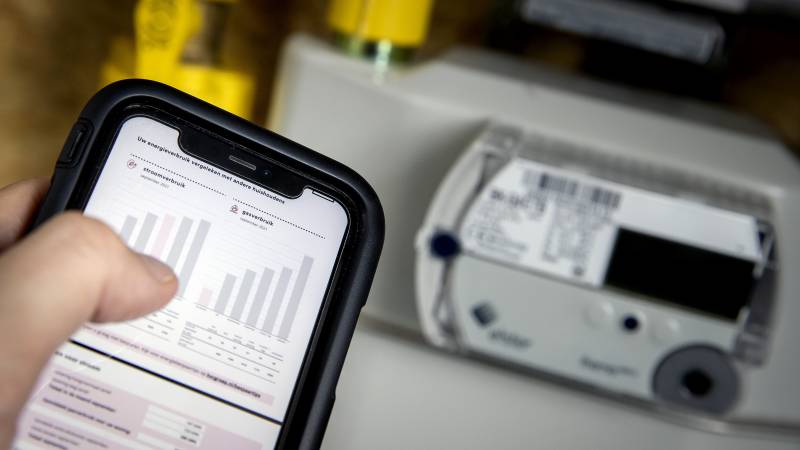The war in Ukraine is another blow to the Dutch economy after the hit of the Corona pandemic. “We’re going to get a little poorer as a result of this shock,” says Klaas Knott, president of De Nederlandsche Bank (DNB). Inflation is expected to be exceptionally high this year: 6.7 percent for the whole of 2022. This high inflation has not occurred since 1981 and is more than double the rate of inflation last year.
“Inflation is back,” Klaas Knott says. “That means a loss of purchasing power for households, it’s that simple. For businesses, it basically means that they will experience cost increases.” The inflation estimate is much higher than the estimate given by the Central Planning Office. last week It came along. It was based on an inflation rate of 5.2 percent.
absence of security
In a more bleak scenario, where energy and raw materials prices remain high for a longer period, inflation will rise to 9.5% this year, according to the DNB, dropping to 3.4% in 2023. In this scenario, the Netherlands would end up in a short recession.
However, this scenario is surrounded by several major uncertainties, such as how the war in Ukraine will develop and the impact of financial and economic sanctions on businesses and banks. “It is impossible to establish a possibility for this scenario,” Bank President Knott said.
DNB’s new analysis of the economic consequences of the war in Ukraine indicates that geopolitical uncertainty and high volatile energy prices are causing a great deal of uncertainty. High inflation, lower global trade growth, disruption to trade flows and increased uncertainty, in any case, will slow the strong growth recovery after the Corona recession. The growth of the Dutch economy will in any case be lower than the previous estimates indicated.
In the bleak scenario, high inflation further erodes purchasing power and limits household spending. Companies face rising costs of energy and expensive raw materials. Together, this slows economic growth and leads to a recession later in the year.







